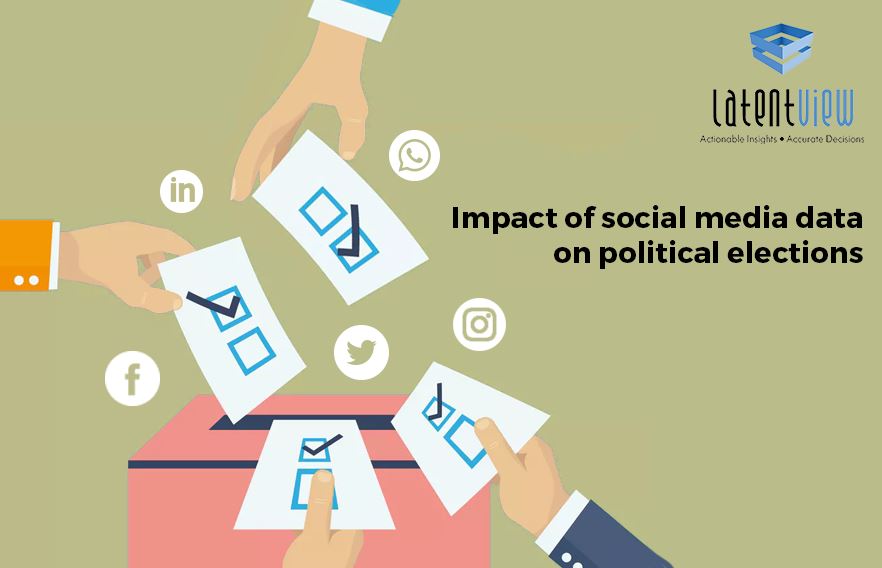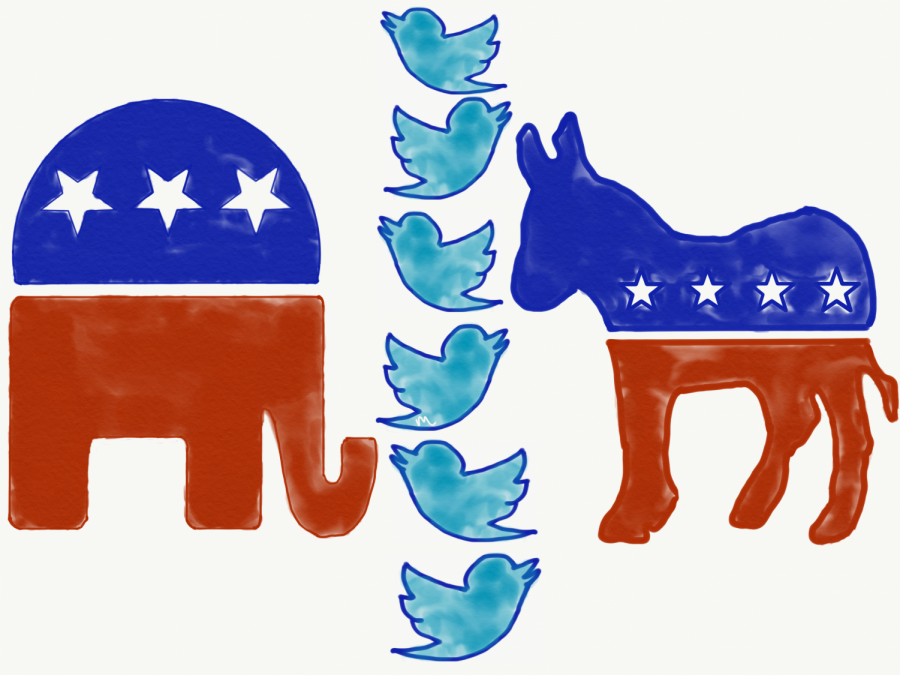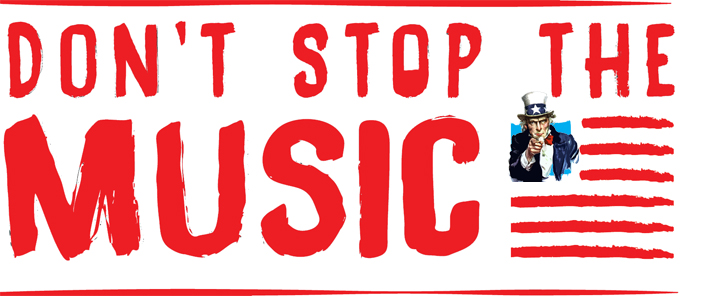
Monday, November 15, 2021
Will Social Media Choose the Next President?

Monday, November 8, 2021
Media Influence During Elections
Can the media really influence the outcome of an election? Many believe that biased media coverage contributes to "rigged" elections and that the media has a huge influence during the time elections start. The amount of coverage each candidate gets can have the biggest impact on how many votes they receive. If candidates don't win enough interest from the media, they won't do as well when it's time to vote because they won't have any name recognition. An example of someone who is extremely well known and received a lot of media coverage during the past two elections is President Donald Trump. The media publishes stories that will get the most attention and drive the most traffic. Stories like this usually involved Trump and this boosted his popularity a lot. The media can and usually does influence the outcome of an election. When candidates put themselves out there and utilize media platforms, their chances of being recognized are much higher when elections come around.

Photo from Google Images
Monday, October 25, 2021
Facebook Shares False Information about COVID-19 Vaccine
Once again, Facebook has shared false news about information shared by the United States government. This time the app has had a crucial part in amplifying COVID-19 vaccine misinformation. President Joe Biden responded by saying that Facebook and other apps are "killing people" when it comes to spreading false information about the coronavirus. Biden says it causes much more harm when apps allow conspiracy theories to spread. A spokesperson from Facebook shared a statement to respond to the president and said that they will not be distracted by accusations which aren't supported by facts.
After the brief announcement, Facebook uploaded a post titled Moving Past the Finger Pointing. With social media being such an important part of many people's lives, users are constantly posting and information is not always going to be 100% accurate. Most people understand that posts will not always have all of the facts, but they are aware that they can fact check to find the most accurate information. Blaming apps, companies, and people is not going to do anything, the best thing to do is to fact check and look for information that comes from the most reliable sources.

Photo from Google Images
Thursday, October 21, 2021
#FactCheckYourFeed
The popular app, TikTok, has had some issues in the past with people sharing what they claimed to be "factual" information when in reality it was more opinion-based. To combat this problem, the creators of the app launched a new initiative to promote digital literacy. #FactCheckYourFeed "equips TikTok users with the skills they need to "critically engage with content, navigate our platform safely and guard themselves against potential harms."" Many creators shared various ways on how to find and avoid misleading information online.
Connecting this to politics, this is a great initiative because it helps filter out false information about political news or potential candidates for upcoming elections. Although misleading information will still pop up in the media, people are now able to educate themselves and determine what sources are reliable. This TikTok video is a great example of trustworthy information because it comes from a verified and reliable source and the information stated in this clip can be checked online. Not all verified accounts provide correct information, but this new initiative makes it easier to find safe and informative content.

Photo from Google Images
TikTok Launches New #FactCheckYourFeed Initiative to Promote Digital Literacy
Tuesday, October 19, 2021
Assessing Political Stances through Social Media
Social Media has encouraged people to become more definitive when talking about anything political. Most content is shared to get an emotional response from the viewers because it keeps people engaged and eager to stay informed. Over the past few years, people have become much more open about sharing their political thoughts online for the world to see. Due to this change, hiring managers have used this information to strategically asses candidates and evaluate decisions and reactions from online users. Here's a detailed article about The Impact of Political Posts on Hiring.
According to Social Media Today, hiring managers check a job applicant's social media profile 61.9% of the time. 17.9% of hiring managers are checking these social media profiles to check for extreme political opinions. It's important to watch what is shared online because it can end up having a huge impact on people in the future, and that is not always a good thing.

Photo from Google Images
Tuesday, October 12, 2021
Social Media and the First Amendment
Monday, October 4, 2021
Risk and Reward for Politicians Using Social Media
Social media can be a great thing for politicians, but it is also very risky in our world today. It is critical to analyze posts in every way possible because people are not afraid to share their opinions on what they see over the internet. Politicians can reach more people through social media and are able to express their views in a short and simple format. Getting an immediate negative reaction, having people manipulate what was written, and reaching the wrong audience are all just a few problems that these people face when deciding to take their campaign or information to social media sites.
One obvious example of a politician on social media is when President Donald Trump used Twitter to share some of his thoughts and ideas based on issues in the world. Trump usually received more negative reactions than positive, but his ideas were still being seen by millions and millions of people. It's safe to say some of his tweets weren't always the most thought out, but it wasn't all bad for him to use social media.
There are always going to be positives and negatives when dealing with politics and how specific information is going to be shared, but the most important thing is to strategize and research before taking action. What do you think about politicians using social media? Is it something they need to do because times are changing and social media is becoming bigger and bigger? Or should they stick to old and effective ways to share their messages to people around the world?
Perceptions of Risk and Reward

Modern Media in a Political World
After checking out the discussion topics in class this week, I was so interested in one of the them that I wanted to go into greater detail ...

-
The popular app, TikTok, has had some issues in the past with people sharing what they claimed to be "factual" information when in...
-
This week's blog will be focusing on a TEDx Talk video titled "Why we need to understand the politics inherent in technology" ...
-
On September 1st, 2021 the Texas Heartbeat Act officially commenced. This law bans abortion as early as the first 6 weeks of pregnancy and e...

